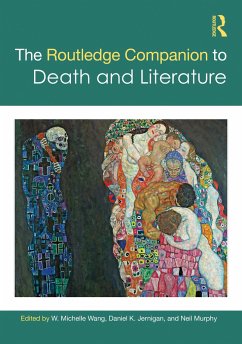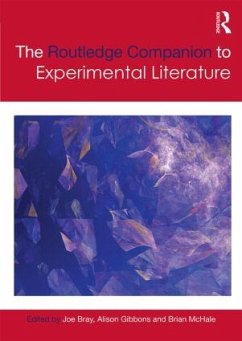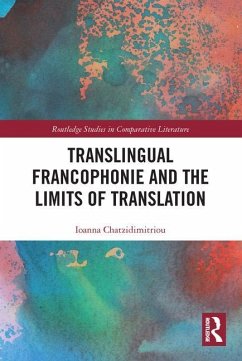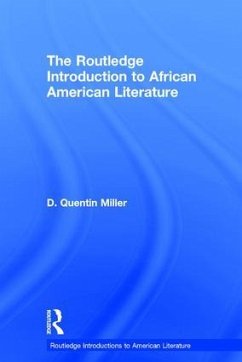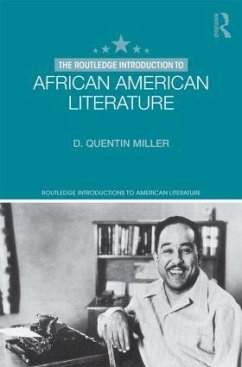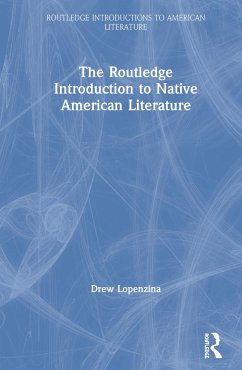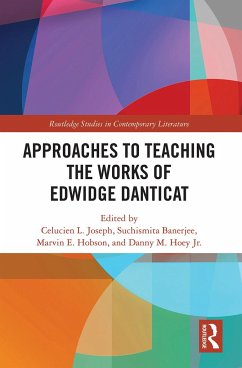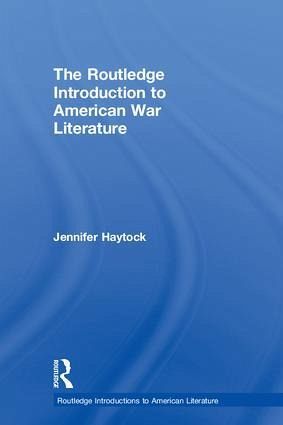
The Routledge Introduction to American War Literature
Versandkostenfrei!
Versandfertig in 6-10 Tagen
137,99 €
inkl. MwSt.
Weitere Ausgaben:

PAYBACK Punkte
69 °P sammeln!
War and violence have arguably been some of the strongest influences on literature, but the relation is complex: more than just a subject for story-telling, war tends to reshape literature and culture. Modern war literature necessarily engages with national ideologies, and this volume looks at the specificity of how American literature deals with the emotional, intellectual, social, political, and economic contradictions that evolve into and out of war. Raising questions about how American ideals of independence and gender affect representations of war while also considering how specifically A...
War and violence have arguably been some of the strongest influences on literature, but the relation is complex: more than just a subject for story-telling, war tends to reshape literature and culture. Modern war literature necessarily engages with national ideologies, and this volume looks at the specificity of how American literature deals with the emotional, intellectual, social, political, and economic contradictions that evolve into and out of war. Raising questions about how American ideals of independence and gender affect representations of war while also considering how specifically American experiences of race and class interweave with representations of combat, this book is a rich and coherent introduction to these texts and critical debates.






